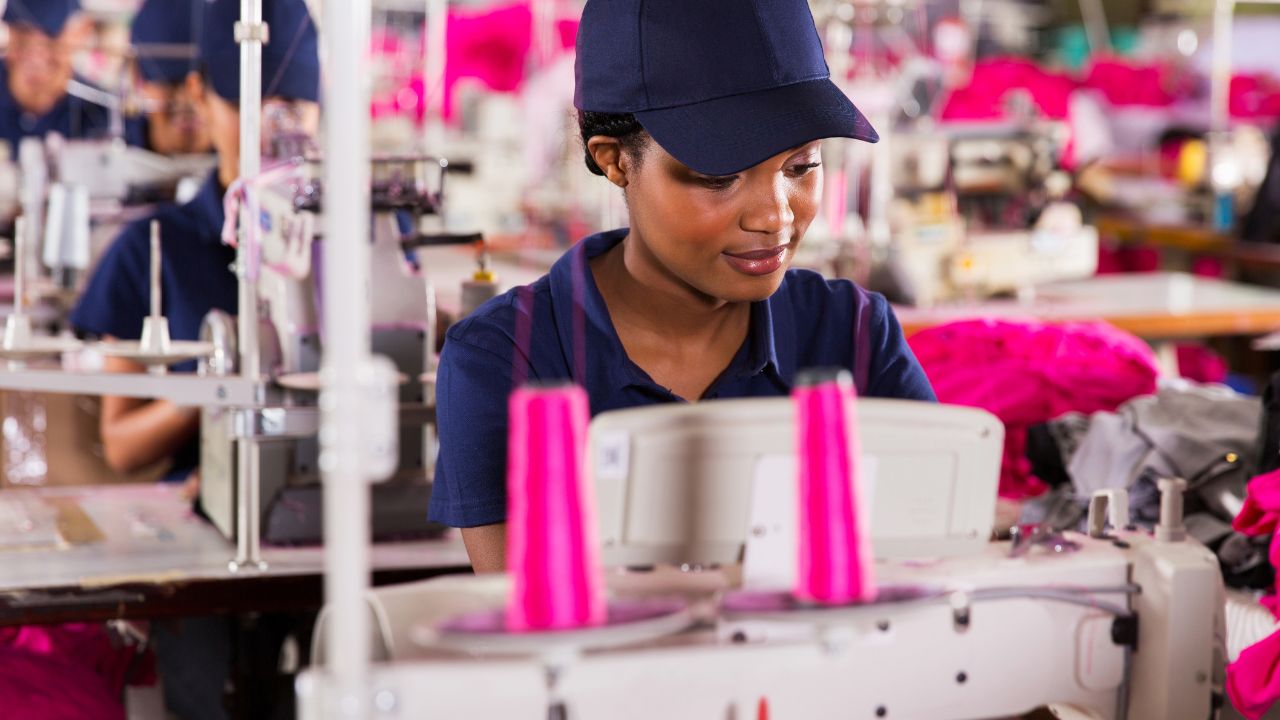As the fashion industry thrives on uniqueness, mass production often stifles creativity, making emerging brands mainstream and unappealing to customers. Clothing manufacturers that handle minor batch customization solve this problem.
These partners allow startups to produce limited quantities with bespoke details and adapt to shifting consumer trends. They also maintain tighter quality control. Let’s examine why hiring small-batch Clothing Manufacturers is gaining popularity among startups.
Benefits of Selecting Clothing Manufacturers for Small Batch Customization
1. Reduced Financial Risk
New brands that attempt to work with traditional manufacturers must fulfill high minimum purchase quantities that might exceed initial financial capabilities.
Starting manufacturing runs with units below 50 helps reduce initial costs. The ability to hold back from large inventory investments makes room for critical budget items like marketing initiatives.
2. Test Market Demand Efficiently
Launching an entire collection without testing designs can be risky. Before scaling, small batches let you experiment with styles, colors, or materials.
For example, you can release a limited run of a bold design to gauge customer interest. If it underperforms, you minimize losses and gather insights to refine future collections.
3. Align with Sustainability Goals
The fashion industry’s overproduction and textile waste strain both budgets and ecosystems. Focused production volumes minimize raw material waste to allow companies to follow eco-friendly sourcing methods using recycled resources.
This approach will help your brand achieve greater success with sustainability-conscious customers while effectively spreading its sustainability message to the market.
4. Prioritize Quality and Detail
Small batch production gives manufacturers the bandwidth to prioritize craftsmanship. With fewer units, they can focus on precision stitching, premium fabric selection, and intricate details like custom buttons or embroidery.
Early defect detection ensures consistent quality across every piece, which builds long-term customer trust and reinforces your brand’s reputation for reliability.
5. Customization Without Compromise
Large factories often prioritize speed and volume over niche requests. Small batch manufacturers, however, are more adaptable.
Whether you need organic fabrics, specific dye techniques, or custom packaging, these partners can accommodate specialized needs. This flexibility helps your brand stand out in a competitive market.
6. Build Collaborative Partnerships
Partnering with small-batch manufacturers fosters transparent feedback loops and direct communication. Creating real-time design refinements through teamwork with production teams enables you to build cooperative networks focused on mutual objectives.
Teamwork results in swifter project completion, suitable processes, and a better understanding of your brand’s direction, which drives innovation and industry growth.
7. Scale Responsibly
Small batch production supports sustainable scaling by letting you grow aligned with actual demand. Start with manageable order sizes, refine workflows based on feedback, and increase volume gradually as your audience expands.
This measured strategy prevents overcommitment, stabilizes cash flow, and preserves flexibility—key to maintaining quality and avoiding market oversaturation.
Conclusion
Brands pursuing speed, superior quality, and green initiatives receive distinct advantages from producing small-scale custom-made items. The model allows creative growth through risk reduction, fostered partnerships, and authenticity to core values.
Small-batch production facilities enable businesses to innovate safely. Are you ready to ditch bulk production? This move could redefine your brand’s future.

